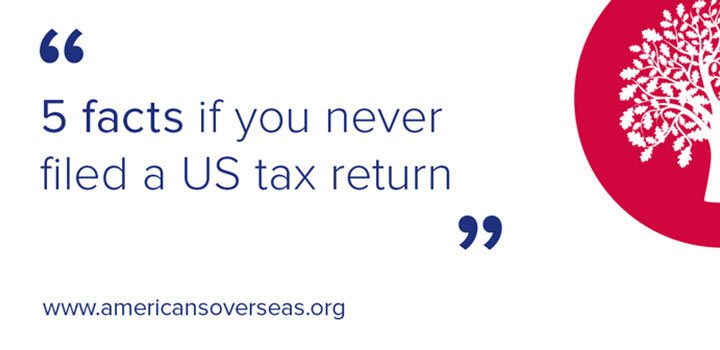
‘I pledge allegiance to the U.S., so help me GOD’

‘One day last November, when visiting the United States I was walking through Oakland on my way to meet a friend in Berkeley, when I passed the old Paramount Theater, a gorgeous Art Deco theater.
That day the theater was open at 8:30 in the morning, and people were streaming in. Instead of continuing by, as I’d done every day before, I stopped and asked what was going on. Apparently, it was a citizenship ceremony. Immigrants taking on American citizenship would take part in a ceremony to welcome them to their adopted country.
People were standing around, talking in groups, or slowly making their way into the theater. An usher pointed and called, “New citizens in the theater, families upstairs!”
Suddenly, I found myself choking up, overwhelmed by a rush of sadness. I nearly burst into tears in the middle of that lobby, and hurried for the door into the cooler morning air, trying to suppress the tears threatening to flow. Composing myself, I continued my walk, trying to figure out why I’d had such an upwelling of emotions.
FATCA
The importance of US citizenship had hit me in the gut. Those people around me were absolutely joyous at receiving it and had undoubtedly worked hard to get it. And here I was, contemplating giving it up.
It made me realize that I don’t really want to renounce my citizenship. It would be the most practical—and perhaps the most sensible—thing to do. It would appease my husband, who’s so unhappy about how our personal financial information has to be handed over to the US government under the FATCA regime.
Once I finish withdrawing my money from US accounts, it would save me from having to file those onerous and privacy-invasive forms that are now required of expatriates. It would save me the money I’ve been spending to pay an accountant to fill in the forms for me. I could be treated for taxation purposes like everyone else in the world (other than Americans and Eritreans), who pay taxes where they live.
Nevertheless, this emotional attachment I feel to the US goes deeper than I thought. I love the US, despite everything that’s wrong with it, and despite my simultaneous emotional attachment to the Netherlands. ‘
If you missed the first part of Rachel’s story click here
Rachel Heller lives in Groningen and comes from Connecticut originally. She’s lived here long enough to feel like it’s home—‘most of the time, at least’, she says. Her husband, Albert, is Dutch, which brought her here. She has two kids: a daughter who is studying graphic design in the US, and a son who’s in the equivalent of 11th grade. She spends most of her time teaching (English and American Studies at a teacher-training college), but right now is on sabbatical. Up till today, Rachel has kept her U.S. passport.
Frequently asked questions
Understanding the US tax system, the obligations, and all the additional terms can be difficult. Especially if one lives outside of America. Is your question not answered? Contact us.
-
Who is required to file taxes in the US?
U.S. citizens and resident aliens who live abroad are generally required to file a federal income tax return and pay taxes on their worldwide income.
Read more... about Who is required to file taxes in the US? -
Do US citizens living abroad still have to file taxes in the US?
Yes, US citizens are required to file taxes on their worldwide income, regardless of where they are living.
Read more... about Do US citizens living abroad still have to file taxes in the US? -
How can I cash my US check?
Received an American check? You can cash your check in the following ways: cash the check at your own bank, transfer to another person (endorsement), cash checks using an online service or cash the check by another bank.
Read more... about How can I cash my US check? -
Are there any special tax forms required for US citizens living abroad?
US citizens living abroad may be required to file Form 2555 and/or Form 1116 to claim the foreign-earned income exclusion.
Read more... about Are there any special tax forms required for US citizens living abroad? -
What is FBAR filing?
FBAR (Foreign Bank Account Report) filing is the requirement for certain U.S. individuals and entities to report their foreign financial accounts to the Financial Crimes Enforcement Network (FinCEN) of the U.S. Department of Treasury. The FBAR filing requirement applies to U.S. persons who have a financial interest in, or signature authority over, one or more foreign financial accounts if the aggregate value of those accounts exceeds $10,000 at any time during the calendar year.
Read more... about What is FBAR filing?





